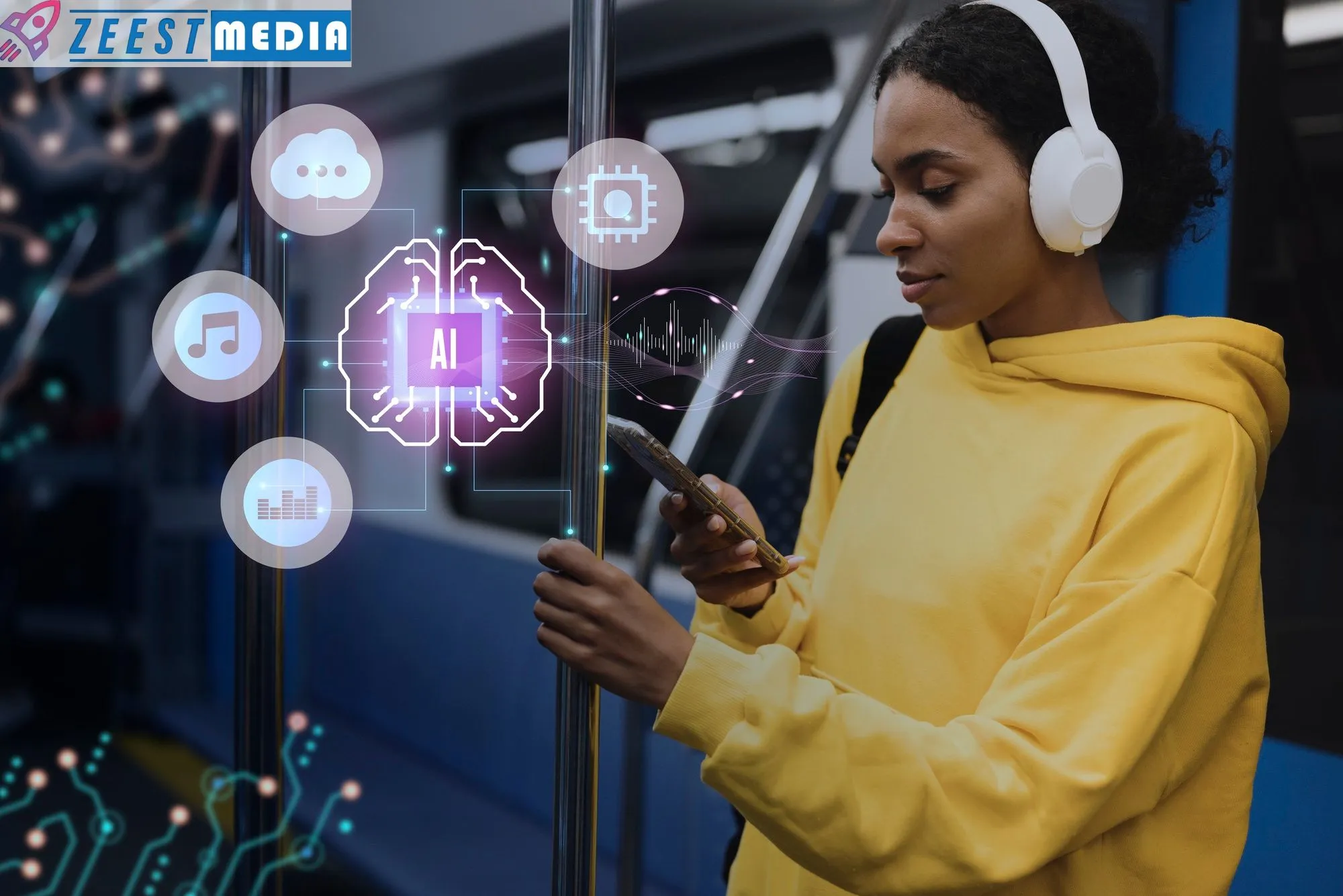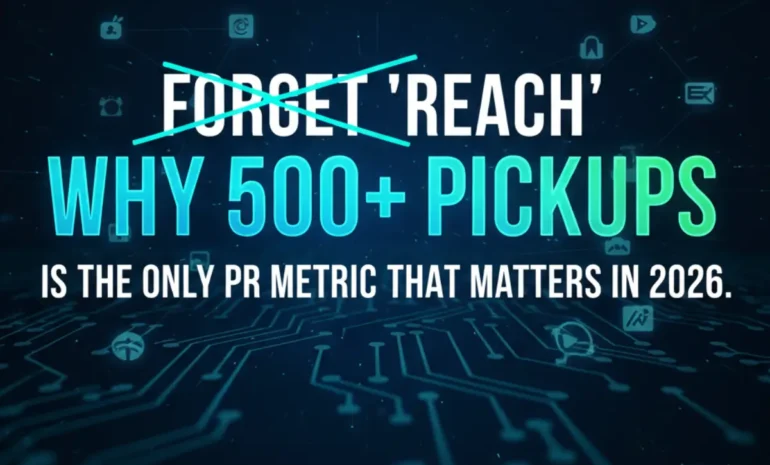Impact of AI
In the rapidly evolving realm of online marketing, the integration of Artificial Intelligence (AI) has ushered in a new era, reshaping strategies and redefining the way businesses connect with their target audience. This article explores the profound impact of AI on online marketing, delving into key areas where this revolutionary technology has brought about transformative changes.
I. Data-Driven Insights:
One of the pivotal ways AI has changed online marketing strategies is through its ability to analyze vast datasets at an unprecedented speed. Traditional marketing approaches often struggled to make sense of the immense amount of information generated online. AI algorithms, on the other hand, can process and interpret this data, extracting valuable insights into consumer behavior, preferences, and trends. AI-driven analytics platforms empower marketers with actionable data, allowing them to make informed decisions. By understanding the intricacies of user interactions, businesses can tailor their campaigns with a precision that was once unimaginable. This data-driven approach ensures that marketing efforts are not only targeted but also relevant, fostering a deeper connection between brands and consumers.
II. Personalized Marketing:
The era of generic advertising is gradually fading away, thanks to AI’s ability to personalize marketing campaigns on an individual level. AI algorithms analyze user behavior, purchase history, and preferences to create highly targeted and personalized content. From product recommendations to email marketing, businesses can now deliver content that resonates with the unique needs of each customer. Personalization not only enhances user experience but also increases the effectiveness of marketing efforts. Consumers are more likely to engage with content that aligns with their interests, leading to higher conversion rates and customer satisfaction. AI’s role in creating personalized experiences has become a cornerstone in modern online marketing strategies.
III. Targeted Advertisements:
AI has significantly enhanced the precision of targeted advertisements. Machine learning algorithms analyze user data to identify potential customers, allowing businesses to create highly specific and relevant ads. This not only maximizes the impact of marketing budgets but also ensures that promotional content reaches the most receptive audience. Through AI-driven advertising platforms, businesses can optimize their campaigns in real-time. Advertisements can be adjusted based on user responses and market trends, allowing for a dynamic and adaptive approach. This level of agility in marketing strategies is a game-changer, enabling businesses to stay ahead of the competition in the fast-paced digital landscape.
IV. AI-Powered Chatbots:
Customer support is a critical aspect of any online business, and AI has revolutionized this domain with the introduction of chatbots. These intelligent virtual assistants are capable of understanding and responding to user queries in real-time. They provide instant support, offering solutions to common issues and guiding users through various processes. AI-powered chatbots not only streamline customer service but also contribute to a seamless user experience. They are available 24/7, ensuring that customers can get assistance whenever they need it. This not only improves customer satisfaction but also frees up human resources to focus on more complex and strategic tasks.
V. Predictive Analytics:
One of the most compelling ways AI has transformed online marketing is through predictive analytics. By analyzing historical data and identifying patterns, AI algorithms can predict future trends and market shifts. This foresight allows businesses to proactively adjust their strategies, ensuring they are well-positioned to capitalize on emerging opportunities. Predictive analytics is particularly valuable in a dynamic and competitive market. Businesses can anticipate changes in consumer behavior, adapt their product offerings, and refine marketing campaigns accordingly. This strategic advantage positions companies to stay ahead of the curve and respond effectively to evolving market dynamics.
VI. Automation of Repetitive Tasks:
AI’s ability to automate repetitive tasks has significantly increased the efficiency of online marketing operations. Mundane and time-consuming tasks, such as data entry, social media posting, and email campaigns, can be automated, allowing marketing teams to focus on more strategic aspects of their roles. Automation not only improves efficiency but also reduces the likelihood of human errors. Marketing teams can set up workflows and schedules, ensuring that campaigns are executed consistently and according to plan. This not only saves time but also enhances the overall quality and consistency of marketing efforts.
VII. Enhanced Targeting with AI:
AI’s impact on targeting strategies is profound. Traditional demographics-based targeting is being supplemented, if not replaced, by behavioral targeting. AI analyzes user behavior, online interactions, and preferences to create more nuanced and accurate audience segments. By understanding the context in which users engage with content, AI allows marketers to tailor their messaging to specific moments in the customer journey. This level of granularity ensures that marketing messages are not only relevant but also timely, increasing the likelihood of conversion.
VIII. Real-Time Optimization:
One of the standout features of AI in online marketing is its ability to optimize campaigns in real-time. Traditional marketing strategies often relied on post-campaign analysis to identify areas for improvement. With AI, optimization is an ongoing process that happens in real-time as the campaign unfolds. AI algorithms monitor user interactions, click-through rates, and other relevant metrics, making instantaneous adjustments to maximize performance. This dynamic approach allows marketers to adapt quickly to changing trends and consumer behaviors, ensuring that their campaigns are always finely tuned for optimal results.
IX. The Role of AI in Content Creation:
Content is a cornerstone of online marketing, and AI has begun to play a significant role in its creation. Natural Language Processing (NLP) algorithms can generate human-like content, from blog posts to product descriptions. This not only streamlines the content creation process but also opens up possibilities for creating personalized and engaging material at scale. AI-driven content creation tools analyze data on user preferences and behaviors to tailor content to specific audiences. This ensures that the content produced is not only relevant but also resonates with the intended audience. The efficiency and scalability offered by AI in content creation contribute to a more agile and responsive marketing strategy.
In conclusion, the integration of Artificial Intelligence has transformed online marketing strategies in profound ways. From data-driven insights to personalized marketing, targeted advertisements, and the automation of repetitive tasks, AI has become an indispensable tool for businesses navigating the complex digital landscape. The ability of AI to provide real-time optimization, enhance targeting strategies, and contribute to content creation further solidifies its role as a driving force in the evolution of online marketing. As technology continues to advance, businesses that leverage AI effectively will undoubtedly gain a competitive edge in the dynamic and ever-changing world of online marketing.







